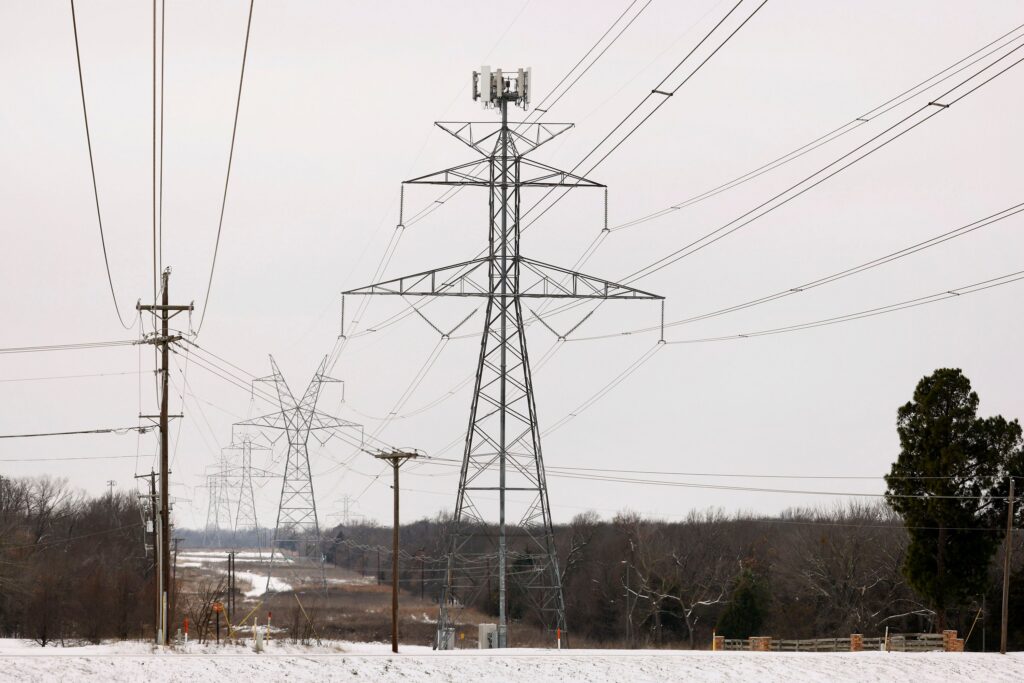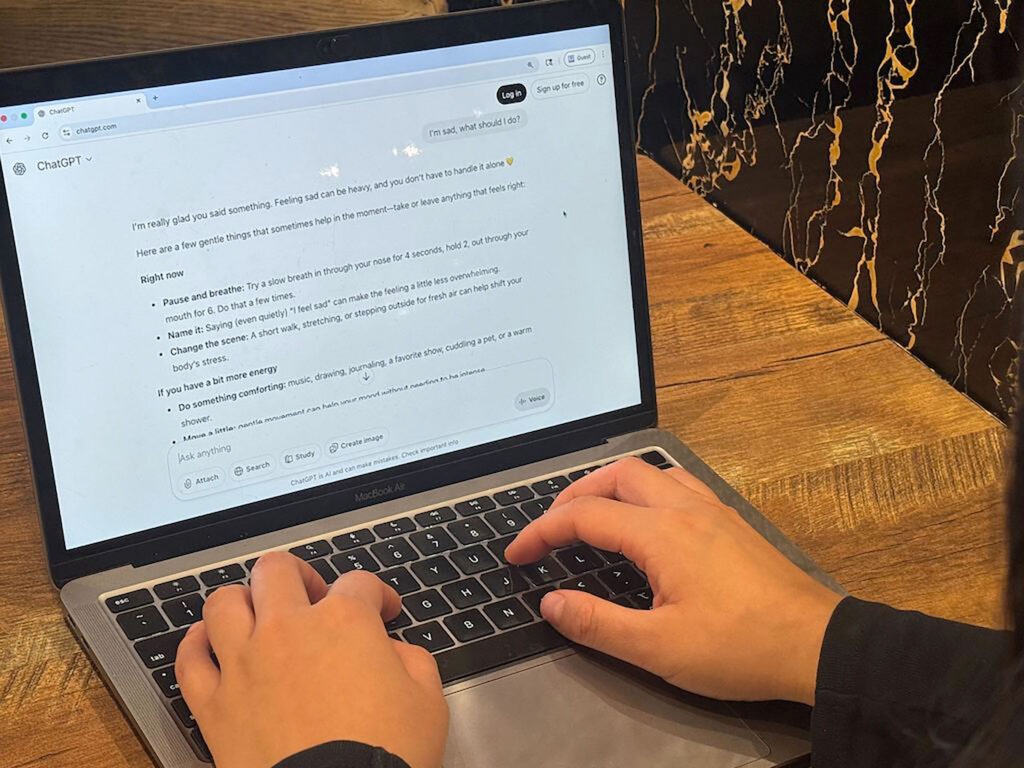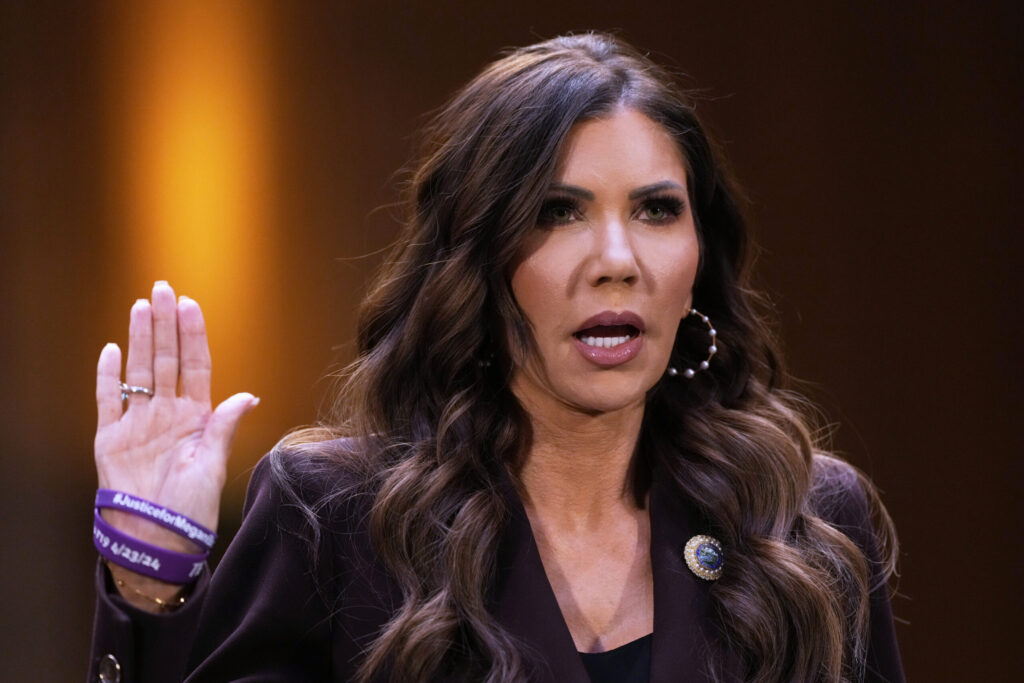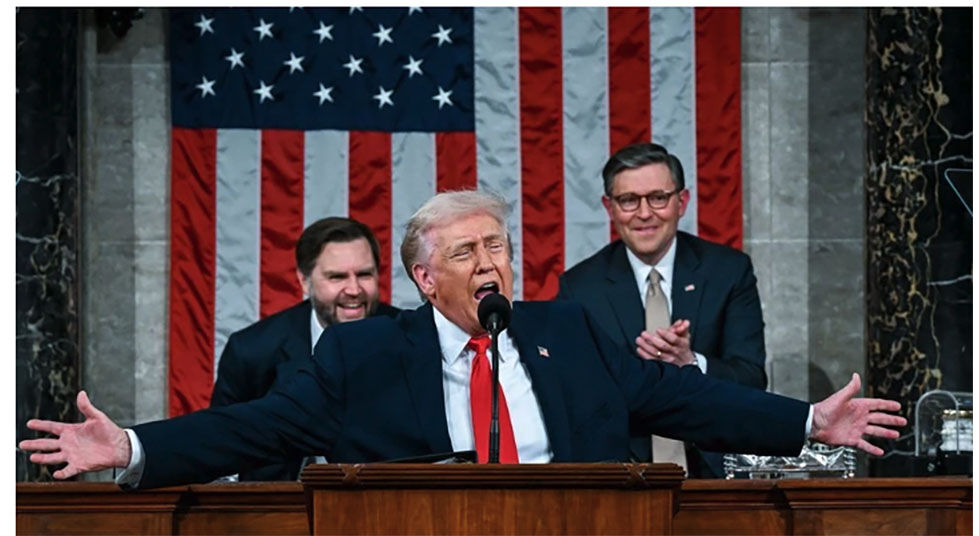Western wildlife trafficking ring killed at least 118 eagles, prosecutors say | OUT WEST ROUNDUP
MONTANA
Ring accused of killing at least 118 eagles
BILLINGS — A man helped kill at least 118 eagles to sell their feathers and body parts on the black market as part of a long-running wildlife trafficking ring in the western U.S. that authorities allege killed thousands of birds, court filings show.
Travis John Branson was scheduled to be sentenced in federal court on Sept. 18 for his role in the trafficking ring that operated on the Flathead Indian Reservation in Montana and elsewhere.
Prosecutors say the Cusick, Washington man made between $180,000 and $360,000 from 2009 to 2021 selling bald and golden eagle parts illegally.
“Not only did Branson kill eagles, but he hacked them into pieces to sell for future profits,” said prosecutors with the U.S. Attorney’s Office in Montana in a court filing.
Prosecutors asked Judge Dana Christensen to sentence Branson to “significant imprisonment” and restitution totaling $777,250.
Gov. Jared Polis' appointees to parks and wildlife commission draws criticism
Branson’s attorney disputed the prosecutors’ claims and said they overstated the number of birds killed. He asked for a sentence of probation.
Bald and golden eagles are sacred to many Native Americans. U.S. law prohibits anyone without a permit from killing, wounding or disturbing eagles, or taking their nests or eggs.
Members of federally recognized tribes can get feathers and other bird parts legally through from the National Eagle Repository in Colorado and non-government repositories in Oklahoma and Phoenix. There’s a yearslong backlog of requests at the national repository.
NORTH DAKOTA
Judge strikes down state’s abortion ban
BISMARCK — A state judge struck down North Dakota’s abortion ban on Sept. 12, declaring that broad guarantees of personal liberty in the constitution of his conservative, Republican-dominated state create a fundamental right to abortion before a fetus is viable.
The state’s GOP attorney general promised to appeal the decision, which would take effect within a few weeks. North Dakota no longer has any abortion clinics, but legalizing abortion again would affect doctors in hospitals who believe an abortion is necessary when a pregnant patient faces a medical emergency.
Besides ruling that the state constitution protects abortion access, District Judge Bruce Romanick also said that the law is unconstitutional because it is too vague to be enforced fairly. He agreed with critics who said the law wasn’t clear how its limited exceptions applied — allowing doctors to be prosecuted if other colleagues later disagreed with their medical decisions.
Colorado's 14 ballot measures include abortion, hunting, ranked choice voting
North Dakota Attorney General Drew Wrigley said in a statement that the judge’s decision contained “flaws in his analysis.”
North Dakota’s only abortion provider had been the Red River Women’s Clinic in Fargo, but it moved a few miles to Moorhead, Minnesota, after the U.S. Supreme Court struck down Roe v. Wade in 2022, when a state “trigger” law banning abortion took effect. The clinic sued, as did several doctors in obstetrics, gynecology and maternal-fetal medicine.
In 2023, North Dakota’s Republican-controlled Legislature revised the state’s abortion laws, making abortion legal in pregnancies caused by rape or incest, but only in the first six weeks of pregnancy. Under the revised law, abortion was allowed later in pregnancy only in specific medical emergencies.
NEW MEXICO
Lawsuit says Snapchat allows child sex extortion
New Mexico’s attorney general has filed a lawsuit against the company behind Snapchat, alleging that site’s design and policies foster the sharing of child sexual abuse material and facilitate child sexual exploitation.
Attorney General Raúl Torrez filed the lawsuit against Snap Inc. on Sept. 5 in state court in Santa Fe. In addition to sexual abuse, the lawsuit claims the company also openly promotes child trafficking, drugs and guns.
Last December, Torrez filed a similar lawsuit against Meta, the parent company of Instagram and Facebook, saying it allows predators to trade child sexual abuse material and solicit minors for sex on its platforms. That suit is still pending.
“Snap has misled users into believing that photos and videos sent on their platform will disappear, but predators can permanently capture this content and they have created a virtual yearbook of child sexual images that are traded, sold, and stored indefinitely,” Torrez said.
Colorado appeals court reiterates fake police personas can be 'victims'
In a statement, Snap said it shares Torrez’s and the public’s concerns about the online safety of young people and has invested heavily in online safety features.
Prior to the lawsuit, New Mexico conducted a monthslong undercover investigation into child sexual abuse images on Snapchat. According to Torrez’s statement, the investigation revealed a “vast network of dark web sites dedicated to sharing stolen, non-consensual sexual images from Snap,” finding more than 10,000 records related to Snap and child sexual abuse material in the last year.
WYOMING
Bills would let localities invest in stock market
CHEYENNE — State lawmakers are considering two bill drafts that would allow local cities, counties and towns to invest a portion of their reserve funds in stock markets and local equities.
The Wyoming Legislature’s Select Committee on Capital Financing and Investments reviewed two draft bills during their Sept. 6 meeting in Casper. Each bill proposes different structures that would let local municipalities invest funds, such as reserves, in stocks.
One draft bill would allow local governments to autonomously invest directly into stocks and equities within specified conditions set forth in the bill, said Legislative Service Office senior attorney Brian Fuller.
The other draft bill would allow local governments to pool their funds for the purpose of investment in stocks and equities, Fuller said.
The two draft bills originally contained language that would allow local governments to establish their own investment advisory committees to “establish and review the local government’s investment policies and procedures” and report to the local governing body on these policies.
Denver's plan to infuse $570M into downtown gets City Council's green light
State Treasurer Curt Meier advised lawmakers not to “get prescriptive” if they consider an investment pool structure.
“I think a great deal of education has to be put in place, especially in the area of liquidity,” Meier said. “If you put everything in equities, and you have a severe downturn, you don’t have any dry powder to actually buy in when the market’s low.”
It’s difficult to legislate the construction of an investment portfolio, Meier said, but “you can put sideboards around it.”
Both bills were forwarded for further discussion during the committee’s next meeting in Cheyenne on Oct. 30.











